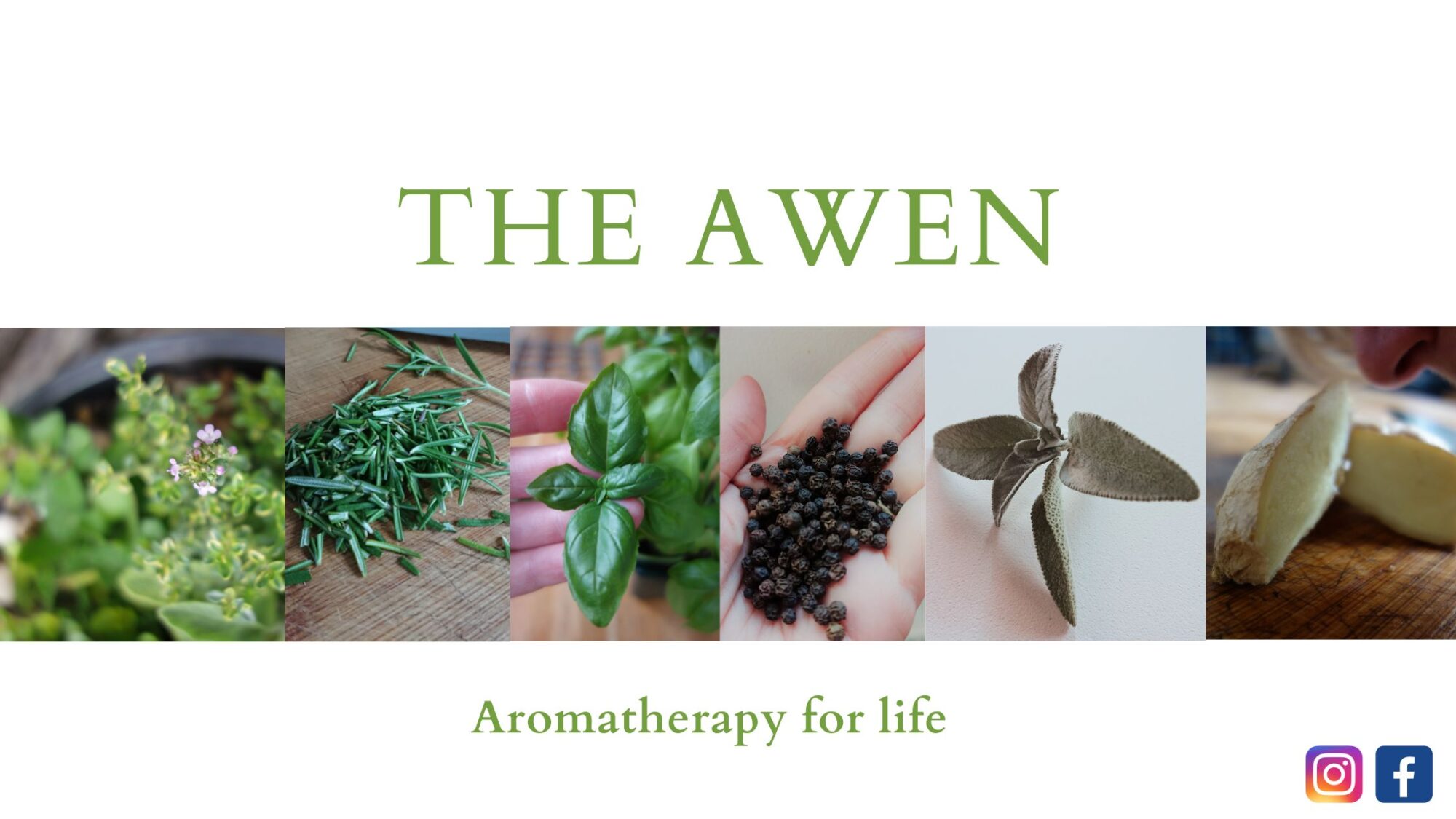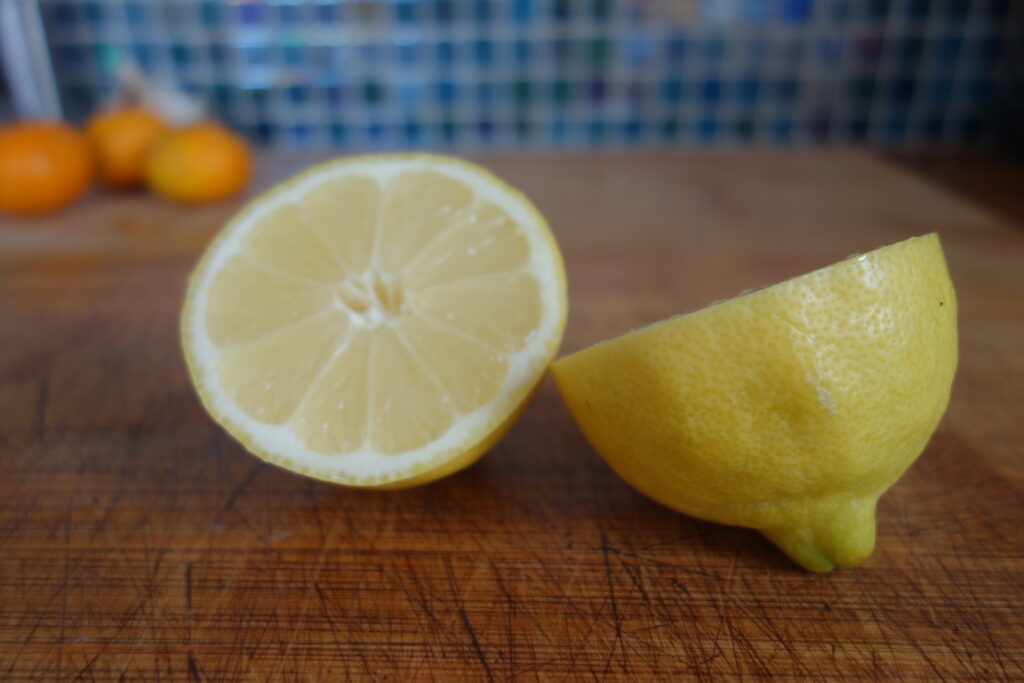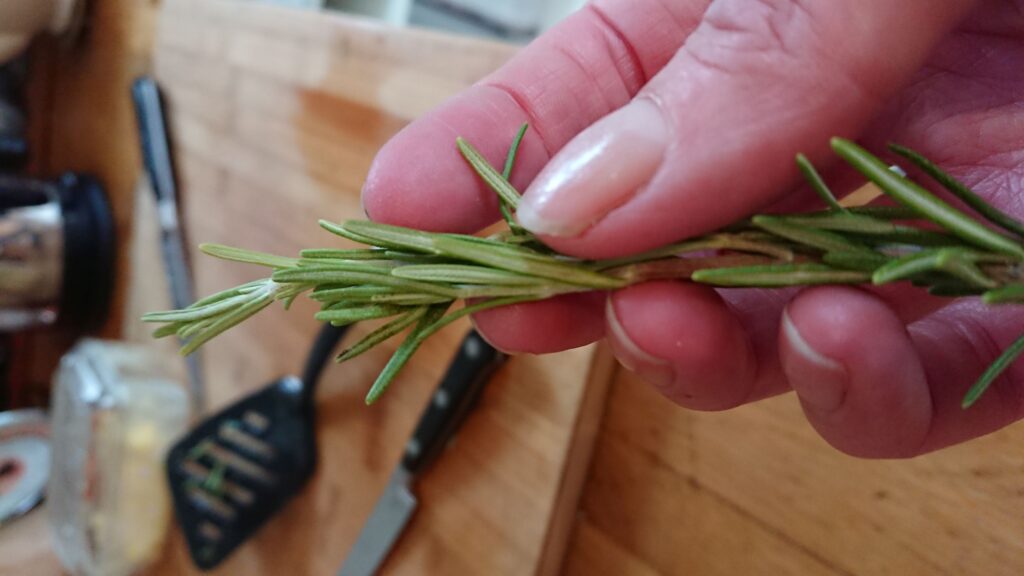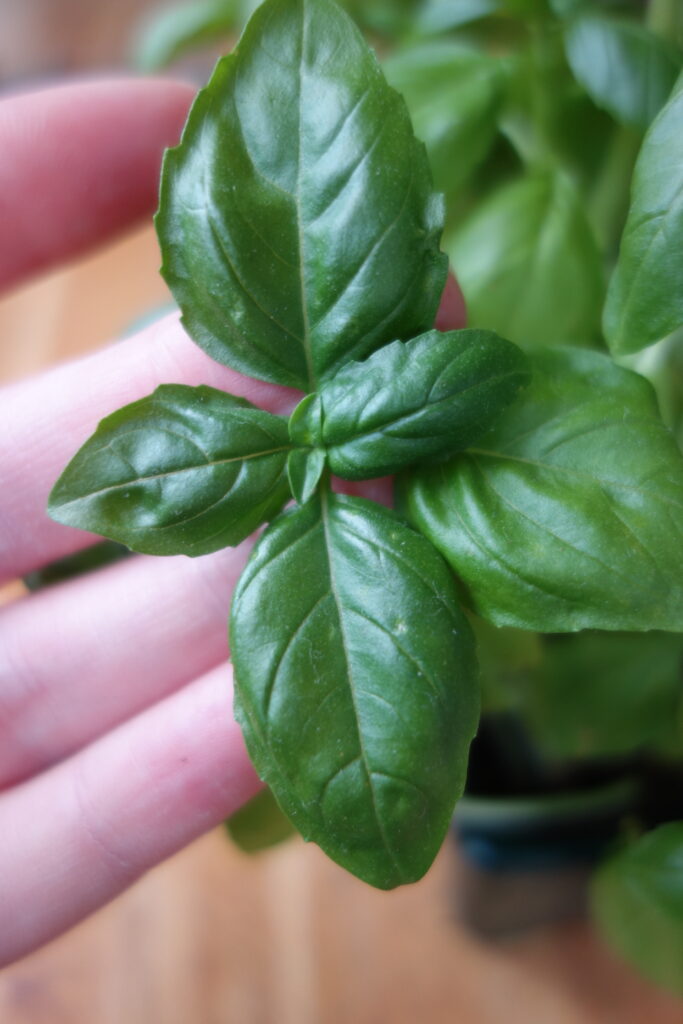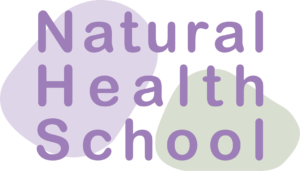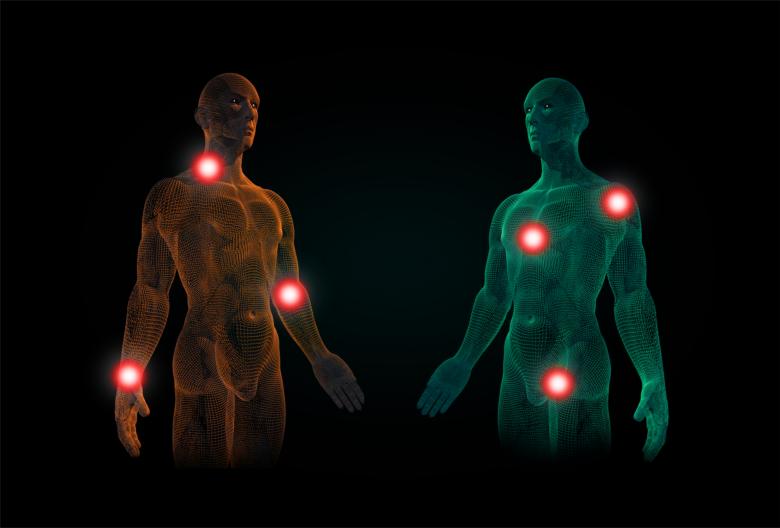
This interview from Science Weekly about Corvid-19 discusses how scientists and health professionals are trying to understand the virus and how best to treat it for those who have survived but are still experiencing chronic symptoms such as coughs, colds, muscle pain, lung, heart and kidney issues, and general exhaustion. What has become clear in these very uncertain times is that the virus is diverse and affects different people in different ways. Understanding how to treat the virus is understanding the variety of symptoms people are experiencing, and the effects it has, or has had, upon our bodies and minds.
Last week NHS England launched a “revolutionary on-demand recovery service” which offers rehabilitation treatments for those who have had Covid-19 but still have problems with breathing, muscular pain, coughs, as well as experiencing mental health problems or other complications. As an Aromatherapist listening to this, I believe that some of the symptoms of Corvid-19 – and the focus here is on chronic (long term) – can be treated using Complementary Therapies such as massage, aromatherapy, reflexology as well as physiotherapy and bio-medicine.
Symptoms such as fatigue, insomnia, coughs, physical and mental exhaustion, low immunity are treatable using aromatherapy and aromatherapy massage. Indeed, promoting well-being, helping with stress relief and creating an environment for relaxation are very much at the heart of all Complementary Therapies, and although the focus for health professionals treating patients who’ve had Covid-19 may be specific parts of the body such as lungs, kidneys, heart, blood; working on the idea of also treating the whole person, which is a holistic approach, will also help treat specific areas. The reason I say this is because essential oils are multifaceted.
What does this mean exactly? Well, if a client approached me and said they were tired, run down and had a constant cold, one oil I would recommended using is a citrus oil such as Lemon (Citrus limon). Lemon is known to help boost the immune system so is excellent for symptoms of flu and colds such as catarrh, fever, congestion. It can also be used to treat asthma and bronchitis. This is because Lemon has chemical properties that are antiviral, bactericidal – good for fighting infections. However, Lemon is also good for stimulating the circulatory system, it can lower high blood pressure, slow external bleeding such as nosebleeds; it is detoxifying and a diuretic. Furthermore, it has a positive effect upon the nervous system; it is calming, clarifying, uplifting. I would recommend it for skin problems such as acne, oily skin, boils and warts. It’s fungicidal so can treat thrush. It is anti-inflammatory and therefore good in a massage for musculoskeletal pain. All in all, Lemon is a great tonic for both the mind and body.
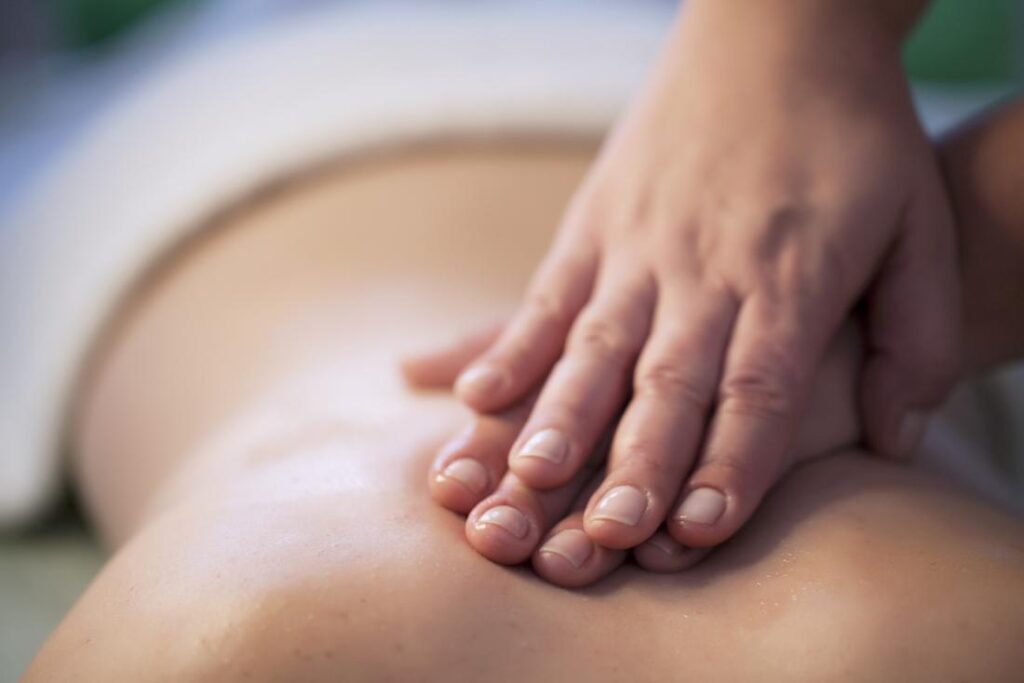
Therefore, essential oils contain many different and diverse chemical components with many different indicators and when used for one particular treatment, they also help other symptoms too. Sometimes those symptoms may not be outlined by the client in consultation. But as most symptoms are interrelated, treatment for one, is treatment for all. For example, a client may not be sleeping due to stress at work and they may also have sore neck and shoulders due to working at a computer for long periods. After consultation they may opt for an aromatherapy massage after which they report feeling more relaxed which results in them sleeping better; because they sleep better they are less tired have more energy for exercise, spending time doing something they enjoy; they may be more rested so are eating better as they have more energy to home-cook, and generally, they report feeling better all-round in terms of health and well-being. Understanding which part of the treatment ‘worked’ could be impossible, but one thing this is for sure, the client reports feeling less congested, well rested and generally ‘better’.
My proposal would be for NHS England to embrace Complementary Therapies for treating the long term effects of Covid-19 and become part of the package of care for those suffering with chronic symptoms.
Here are some oils combinations and how you can use them to address particular symptoms relating to Covid-19:
Coughs: Thyme, Peppermint and Cedarwood
Sinusitis: Lemon, Tea tree and Lavender
Catarrh/mucous: Lemon, Lavender and Ginger
1 drop of each in an oil burner (or 2 drops of each in a diffuser), or 1 drop of each on your pillow at night. Make sure you turn the pillow over so the oils do not touch the skin.
2 drops of each in a warm bath before bed. Mix with some bath salts or carrier oil such as sunflower or grapeseed.
Muscular problems and tension: Grapefruit, Black pepper, Benzoin
2 drops of each in 15 ml of carrier oil (Grapeseed, Sunflower, Coconut) and massage into tired muscles.
2 drops of each in a warm bath before bed. Mix with some bath salts or carrier oil such as sunflower or grapeseed.
Emotional exhaustion: Bergamot, Lavender, Sandalwood
2 drops of each in a warm bath before bed. Mix with some bath salts or carrier oil such as sunflower or grapeseed.
Fatigue: Basil, Sweet orange, Rosemary
Add 3 drops of each into a rollerball mixed with a carrier oil such as coconut oil or sunflower oil. Use as often as you need to.
Insomnia: Bergamot, Chamomile, Sandalwood
1 drop of each on your pillow before bed
2 drops of each in a warm bath before bed. Mix with some bath salts or carrier oil such as sunflower or grapeseed.
Safety: do not use direct onto the skin, do not ingest, keep away from children, store bought oils in a cool dark place, buy from a reputable supplier (ATA approved), check with a qualified aromatherapist or your GP before treatment if you have any health issues or have questions or concerns.
